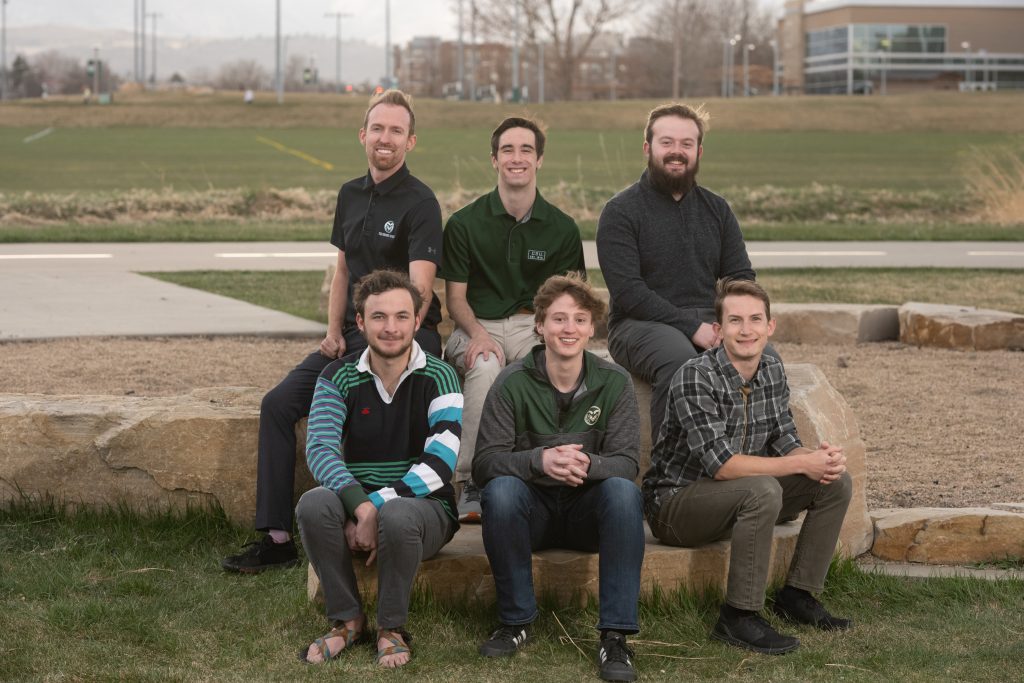Computer science students win Bio-Cybersecurity Challenge
Six computer science students used interdisciplinary skills to help their three teams sweep the podium at the Colorado State University Bio-Cybersecurity Student Challenge.

Computer science students are trained to solve problems in all kinds of domains.
This past spring six students in the Department of Computer Science propelled interdisciplinary teams to the top three spots at the Colorado State University Bio-Cybersecurity Student Challenge.
These computer science students pushed their teams into the lead by drawing on their arsenal of problem-solving skills and dynamically adapting to challenges.
Bringing computer science skills to interdisciplinary competition
The Bio-Cybersecurity Student Challenge is an annual capture-the-flag competition focused on issues in the bio-cybersecurity domain, like how to safeguard hospitals, secure vaccines, prevent infrastructure damage, secure online meetings and protect private medical information.
During the two-day event, 36 students, from across the College of Natural Sciences and CSU, teamed up to solve a series of group challenges tailored to all skill levels and open to all students, especially from biology, health sciences, computer science and engineering.
Stopping only overnight and for meals, teams tackled over a dozen challenges, testing their skills in SQL injection, FTP, scripting, DNA decoding, packet analysis, falsifying data and reverse engineering. Some challenges were progressive, and Easter eggs were hidden throughout.
The top three teams – named Gravitationally Challenged, Ultra, and Exploiting Enzymes – all took different approaches to solving the problems they were presented with, but they all agreed on one thing, this competition is a great learning opportunity.
“It doesn’t matter if you win,” said Jake Jepson, senior in computer science. “Just go learn and have fun.”
The students were able to practice their critical thinking and cybersecurity skills on cross-disciplinary applications and learn how cybersecurity plays out in real-world scenarios.
They also felt that the competition validated what they are learning, gave them perspective, and made them more well-rounded computer scientists.





